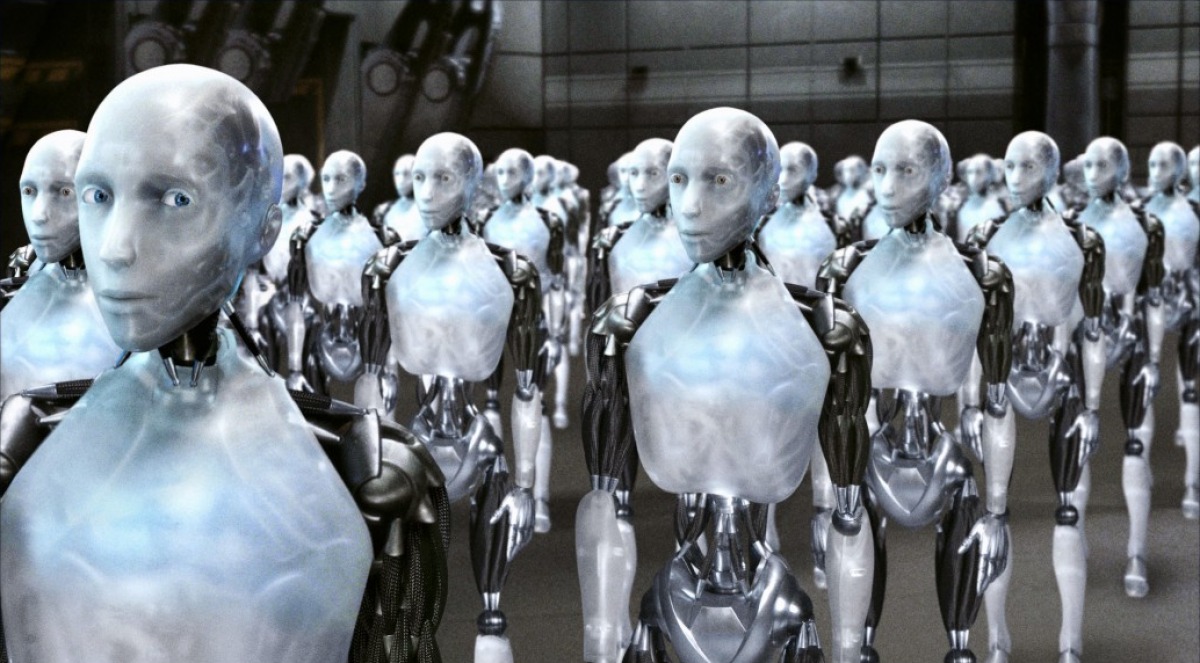My Concerns With Artificial Intelligence – Part 2
As I continued to explore the world of artificial intelligence with my daughter, I couldn't help but feel a sense of awe and wonder at the technology's capabilities. From creating simple drawings to identifying objects in photographs, it was clear that AI was becoming increasingly sophisticated.
However, as I delved deeper into the world of AI, I began to have some disturbing thoughts about its potential impact on society. One of my main concerns is the impact that AI will have on employment opportunities. While robots may put burger flippers out of a job, they are already starting to replace more complex tasks in various industries.
For example, when working on an illustrated version of the poem Maud Muller, I realized just how much AI was changing the landscape of work. With each tweak of the peasant dress, the AI program came up with 10 different versions, each slightly different from the last. This got me thinking: if one simple AI app can produce 120 different versions of a peasant dress, what does this mean for the job market?
Will clothes designers be forced out of work due to the use of AI-powered design tools? How will architects, medical professionals, researchers, and designers in various fields adapt to an increasingly automated world? These are questions that I'm struggling to find answers to, and it's clear that we need to start thinking about the future of work and how to prepare for the changes that AI is bringing.
Another concern I have is the impact of AI on our personal privacy. With the ability to identify objects in photographs and provide detailed information about them, AI-powered apps are becoming increasingly powerful tools for surveillance. The implications of this are disturbing: what happens when someone takes a photo of your license plate or face? Can they use that information to build a profile of you, including your home address, phone number, and other personal details?
I took my daughter's AI identifying app for a test drive by taking photos of various objects around the homestead, including my pickup truck. The results were unsettling: not only did the app accurately identify the make and model of my truck, but it also provided detailed information about its history, including the year of manufacture and the company that made it.
But what's even more worrying is that this type of information can be used to track individuals. Imagine if someone took a photo of your license plate or face and used it to build a profile of you, complete with personal details and habits. It's a chilling thought, and one that highlights the need for greater awareness about the impact of AI on our personal privacy.
As I look to the future, I'm left wondering what kind of world my grandchildren will inherit when they reach employment age. Will they have access to jobs and careers that we can't even imagine yet? Or will they be forced to live in a world where AI has replaced human workers and our personal data is being used to control us?
As JWR mentioned in his article on AI, it's essential for parents like me to educate our children about the potential risks and benefits of AI. We need to help them develop critical thinking skills and prepare them for a world where technology is increasingly integrated into every aspect of life.
Stay tuned for Part 3 of this series, where we'll explore more concerns about the impact of AI on society and what we can do to mitigate its risks.
